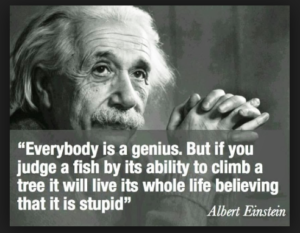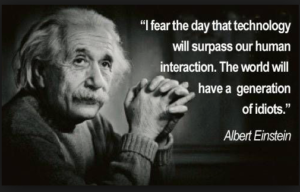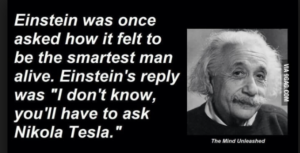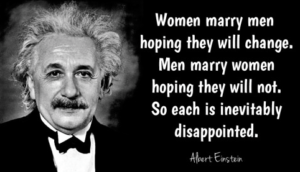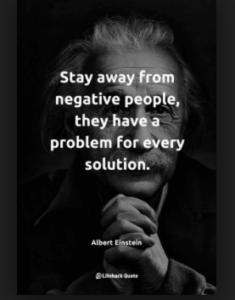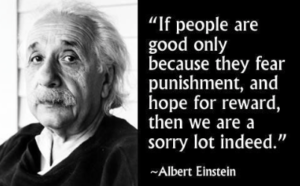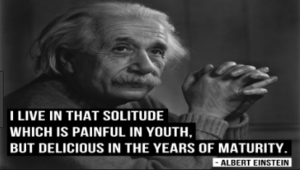Six Percenters now rule
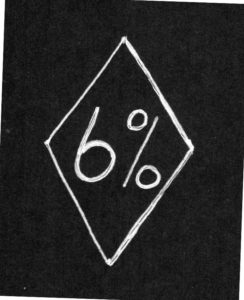 A while ago I wrote about “6 Percenters” (click to read post here) which basically are the 6 percent of people who are difficult to deal with…. unfortunately they drag another 14% of weak people along with them, which creates the situation of the 20% of people who take up 80% of your time….
A while ago I wrote about “6 Percenters” (click to read post here) which basically are the 6 percent of people who are difficult to deal with…. unfortunately they drag another 14% of weak people along with them, which creates the situation of the 20% of people who take up 80% of your time….
So, most of the time only 20% of the world are causing difficulties.
I’ve been thinking…. (Which is also another challenging situation as my mind is a very dangerous place and I never go there alone….!)
What I was thinking is surely, if only 20% of people in any situation, or more importantly organisations, are ‘troublesome’ then any whistle blower who steps forward would surely be supported by the majority; that is the 80%.
I don’t think this is the case – perhaps it never really was…?
It’s all about me; and I’m having a guess
My particular observations have obviously been about the Police… and I must say they are my personal opinions and based on …. well what I just reckon from 38 years of experience and being right in the middle of it. There is also a disclaimer that mostly this is not about individuals but more about a ‘culture” – plus it may also relate to a myriad of other organisations and groups where culture is everything, so although I base this on the Police, in looking around your office, or organisation, you may be thinking, hey, this is happening here too.
What am I talking about? culture, whistle blowers, the percentages…..?
 What I am talking about is that I don’t think in organisations that have a long history and intrenched culture that they themselves, and especially the individuals within the organisation, even know they are part of a different percentage; most think, most of the time, that they are part of the majority. That is the majority of people who are NOT 6 percenters or their followers – which is about 80% of ‘us’.
What I am talking about is that I don’t think in organisations that have a long history and intrenched culture that they themselves, and especially the individuals within the organisation, even know they are part of a different percentage; most think, most of the time, that they are part of the majority. That is the majority of people who are NOT 6 percenters or their followers – which is about 80% of ‘us’.
In ‘culture orientated’ organisations and groups the ‘6 percenters’ have often ruled for years. They have dragged the initial 14% and then progressively over the generations this percentage has grown to much, much, much more.
I think in some modern organisations, and from my experience, the Police, have allowed the ‘6 percenter mentality’ to become the culture. The followers are not a group of weak people looking for a leader but are now the majority. The 6 percenters, are now not 6 percenters, but the leaders, the influencers, the cultural caretakers, and have been for some generations. They have progressively recruited in excess of the 14% of weak and easily led people and have been building this number over generations. So, what was 14%, is now more like 74% – which is 80% of the organisation.
Bullshit, I hear you cry as one. Well, I actually hear 80% of you cry this, as you are now the majority. The worse part of this sentence is, I think until I retired, I was well and truely in that group, if not one of its leaders – hence I think I speak from experience.
Bullshit, again I hear you cry.
Lies, more lies, and statistics
Well, lets do the only more confusing thing I can think of doing than writing the above algorithm of misaligned sentences – which is quote a few statistics.
I have a joke about statistics which my wife hates which goes like – “Three statisticians go  hunting deer with bows and arrows; they see a deer and the first fires his arrow and it goes a metre in front of the deer; the second fires his arrow and it goes a metre behind the deer; the third fires his arrow and it goes a metre over the deer; all three statisticians look at each other and chant in unison “We got him, we got him!”
hunting deer with bows and arrows; they see a deer and the first fires his arrow and it goes a metre in front of the deer; the second fires his arrow and it goes a metre behind the deer; the third fires his arrow and it goes a metre over the deer; all three statisticians look at each other and chant in unison “We got him, we got him!”
So what are my stats? They are taken from the independent review into “Sex Discrimination, Sexual Harassment and Predatory Behaviour in South Australia Police” report published November 2016 by the South Australian Equal Opportunity Commission (click here for a link to the entire report).
Lets start off with a few doosies:
- 45% had personally experienced sex discrimination while employed by SAPOL
- 61% agreed it was very difficult to work part time and have a career in SAPOL
- only 21% who had experienced sexual discrimination had reported it
- half of those who reported it said they experienced victimisation, including being ostracised, ignored, bullied, or denied training or promotion
So, about 1 in 5 are reporting – what a coincidence, about 20% by my maths…..
I am not saying the above ‘bush maths and anthropology’ has any scientific basis, but, usually if something doesn’t seem right it isn’t – if you dont believe me ask a few fraud victims! Plus, intuition saved many a cop from opening the wrong door or walking around the wrong corner – sometimes the map doesn’t match the ground – therefore the map is wrong!
Again, so? What does this all mean. I think it mainly means that it doesn’t matter how many new policies, working groups, task forces, media campaigns or big glossy posters around the office – if the culture stays the same, the 80% go on merrily thinking everything is alright – oblivious to the reality.
What does this mean if you are a whistleblower
It basically means you are in the new 20% and you are fucked. I am constantly searching the internet for a ‘good news’ whistle blower story – let me know if you find one.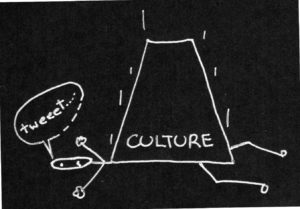
Just look above at the SAPOL report and the things you face as a whistle blower – victimisation, bullying, etc etc – and these are probably just the identifiable consequences. What about the individual consequences?
I recently asked a few serving members what was the general discussion going on about the place in relation to the land mark decision against SAPOL in relation to discrimination (read full article here) and it appears that the 80% rule supreme – read the article and then read the below paraphrased responses heard around the SAPOL workplace:
“She was always a bit weak.”
“She was a shit cop anyhow.” “What a whinger.”
“We’re better off without her.”
The above were relayed to me via various sources and when I asked if anybody spoke up 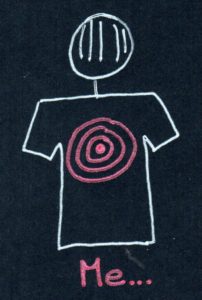 the answer was no – the 80% rule – the culture remains the same irrespective of posters and task forces and the Commissioner, the CEO, the boss or even the 20% trying to lead the way.
the answer was no – the 80% rule – the culture remains the same irrespective of posters and task forces and the Commissioner, the CEO, the boss or even the 20% trying to lead the way.
Who protects the protectors from themselves?

